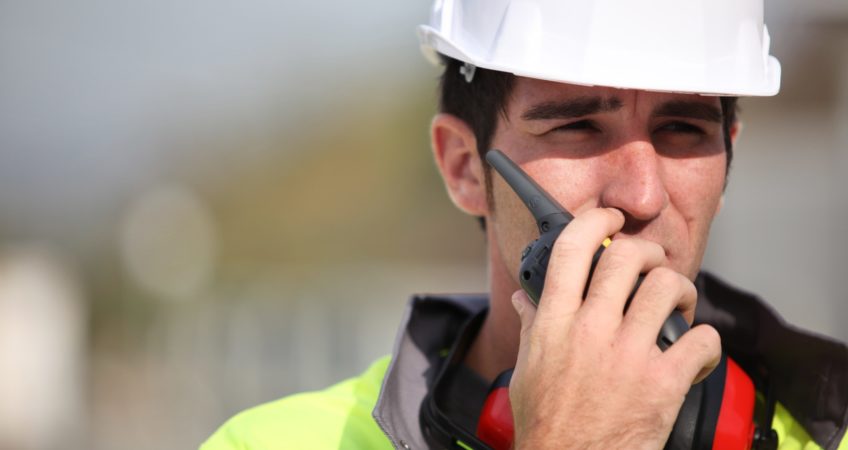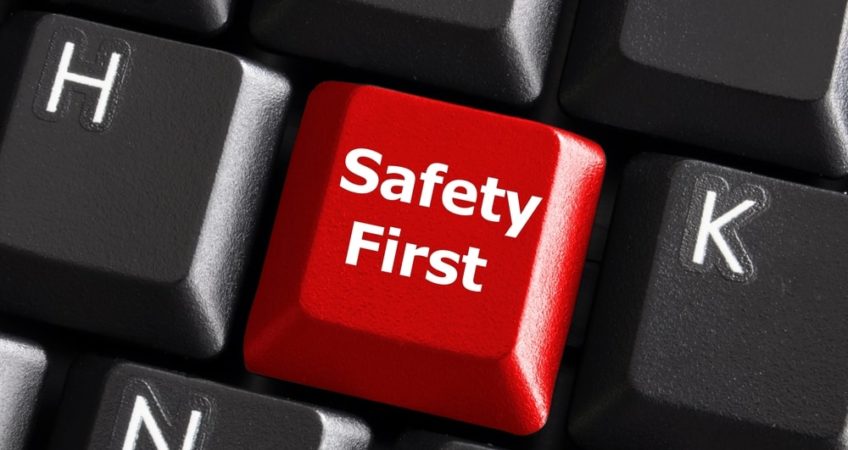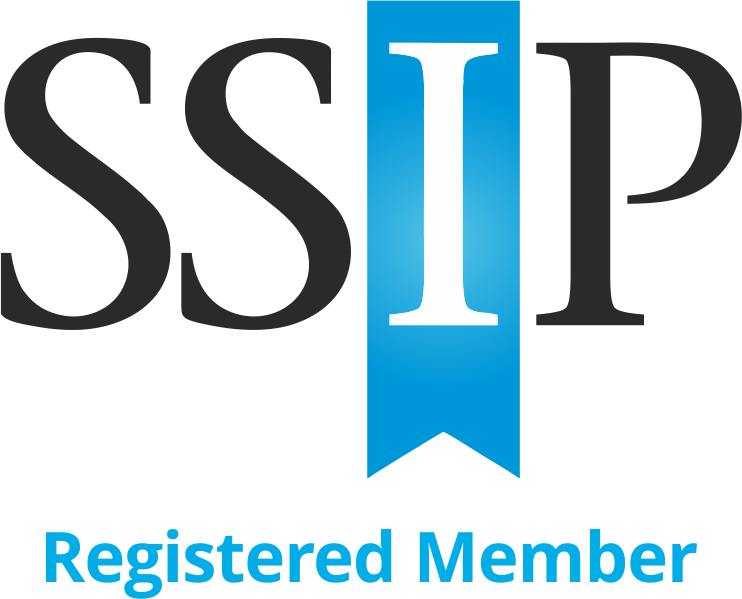Situation in the UK
Number of cases
Nine patients in England have tested positive for coronavirus.
If more cases are confirmed in the UK, it will be announced as soon as possible by the Chief Medical Officer of the affected country.
As of 20 February, a total of 5,549 people have been tested, of which 5,540 were confirmed negative and 9 positive.
The Department of Health and Social Care will be publishing updated data on this page every day at 2pm until further notice.
Risk level
Based on the World Health Organization’s declaration that this is a public health emergency of international concern, the UK Chief Medical Officers have raised the risk to the public from low to moderate.
This permits the government to plan for all eventualities. The risk to individuals remains low.
We have been working in close collaboration with international colleagues and the World Health Organization to monitor the situation in China and around the world.
Returning travellers
Based on the scientific advice of the Scientific Advisory Group for Emergencies (SAGE) the UK Chief Medical Officers are advising anyone who has travelled to the UK from mainland China, Thailand, Japan, Republic of Korea, Hong Kong, Taiwan, Singapore, Malaysia or Macau in the last 14 days and is experiencing cough or fever or shortness of breath, to stay indoors and call NHS 111, even if symptoms are mild.
We are carrying out enhanced monitoring of direct flights from these areas. Passengers will be told how to report any symptoms they develop during the flight, at the time of arrival, or after leaving the airport.
These areas have been identified because of the volume of air travel from affected areas, understanding of other travel routes and number of reported cases. This list will be kept under review.
Our advice for travellers from Wuhan and Hubei Province remains unchanged.
Health protection regulations
On 10 February, the Secretary of State for Health and Social Care, Matt Hancock, announced strengthened legal powers to protect public health.
The Health Protection (Coronavirus) Regulations 2020 have been put in place to reduce the risk of further human-to-human transmission in this country by keeping individuals in isolation where public health professionals believe there is a reasonable risk an individual may have the virus.
Information about the virus
A coronavirus is a type of virus. As a group, coronaviruses are common across the world. Typical symptoms of coronavirus include fever and a cough that may progress to a severe pneumonia causing shortness of breath and breathing difficulties.
Generally, coronavirus can cause more severe symptoms in people with weakened immune systems, older people, and those with long-term conditions like diabetes, cancer and chronic lung disease.
Novel coronavirus (COVID-19) is a new strain of coronavirus first identified in Wuhan City, China.
Advice for travellers
British people travelling and living overseas following the outbreak of novel coronavirus should check the Foreign and Commonwealth Office travel advice.
The Foreign and Commonwealth Office has advised UK nationals to leave China where possible. If the situation continues to escalate the pressure on the Chinese health system may intensify, and it may also become harder for people to travel.
This change does not affect our advice for those returning from Wuhan or mainland China.
Travellers from Wuhan and Hubei Province
If you have travelled from Wuhan or Hubei Province to the UK in the last 14 days you should immediately:
- stay indoors and avoid contact with other people as you would with the flu
- call NHS 111 to inform them of your recent travel to the area
In Scotland phone your GP or NHS 24 on 111 out of hours. If you are in Northern Ireland, call 0300 200 7885.
Please follow this advice even if you do not have symptoms of the virus.
Travellers from other parts of China and other specified areas
This advice applies to travellers who have returned to the UK from the following areas:
- China
- Thailand
- Japan
- Republic of Korea
- Hong Kong
- Taiwan
- Singapore
- Malaysia
- Macau
If you have returned to the UK from any of these areas in the last 14 days and develop symptoms of cough or fever or shortness of breath, you should immediately:
- stay indoors and avoid contact with other people as you would with the flu
- call NHS 111 to inform them of your recent travel to the country
In Scotland phone your GP or NHS 24 on 111 out of hours. If you are in Northern Ireland, call 0300 200 7885.
Please follow this advice even if your symptoms are minor.
The NHS website has more information about how you can reduce the possible spread of infection.
Summary of action taken
We have introduced advanced monitoring at airports with direct flights from China.
A team of public health experts has been established in Heathrow to support anyone travelling in from China who feels unwell. These hubs will bring in rotational teams of 7 clinicians, working in shifts, who will be on hand to support patients on arrival. This is in addition to medical staff who are already permanently in place at all UK airports and the advice issued to all UK airports for people travelling to and from China.
The government has issued clinical guidance for the detection and diagnosis of novel coronavirus (COVID-19), and infection prevention and control.
The Chief Medical Officer, Medical Director at PHE and Medical Director at NHSE/I have issued advice via a CAS (Central Alerting System) alert to frontline staff to increase awareness of the situation and any actions to take.
Most people who develop symptoms will get them after leaving the airport and so the priority is providing UK residents and travellers with the latest information to make sure they know what to do if they experience symptoms, and the NHS and PHE have an established plan to respond to someone who becomes unwell.
China has also introduced port-of-exit screening so people already exhibiting symptoms are not allowed to leave the country.
Diagnosis and analysis
Based on current evidence, novel coronavirus (COVID-19) presents with flu-like symptoms including a fever, a cough, or difficulty breathing. The current evidence is that most cases appear to be mild. Those who have died in Wuhan appear to have had pre-existing health conditions.
The UK is now one of the first countries outside China to have a prototype specific laboratory test for this new disease. Healthcare professionals who are contacted by a patient with symptoms following travel to Wuhan have been advised to submit samples to PHE for testing. Individuals should be treated in isolation
After the experience of severe acute respiratory syndrome (SARS) in 2003, PHE developed a series of diagnostic tests to detect any member of the family of coronaviruses. These have been used for several years, and were able to detect the first UK case of Middle East respiratory syndrome (MERS) in 2012.
With the first reported publication of the genome sequence of a 2019 novel coronavirus, PHE was able to rapidly develop further specific tests for this virus, working with WHO and global network of laboratories.
When a clinician suspects novel coronavirus (COVID-19), they take samples from the nose, throat and deeper respiratory samples, package and send them safely to PHE Colindale. PHE can provide a laboratory result from this specific virus on the same working day.
PHE also has the capability to sequence the viral genome and compare this to published sequences from China, if a case occurs. This will provide valuable information on any mutations in the virus over time and allow an improved understanding of how it spreads.
Further information
Coronavirus (COVID-19): UK government response
SOURCE GOV.UK




